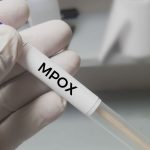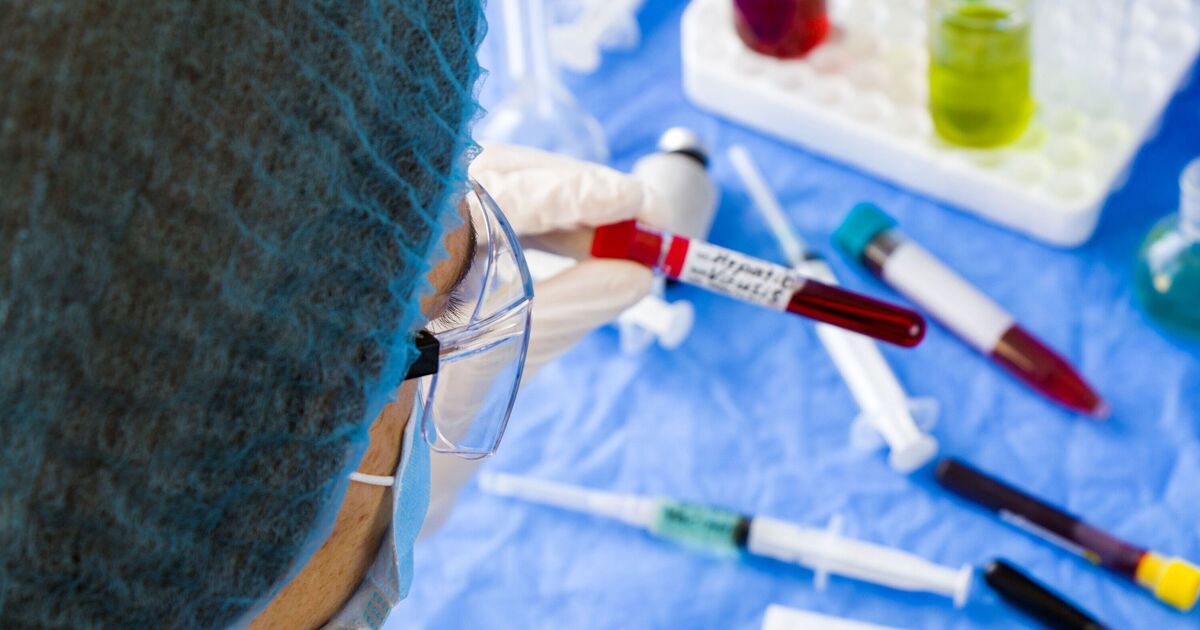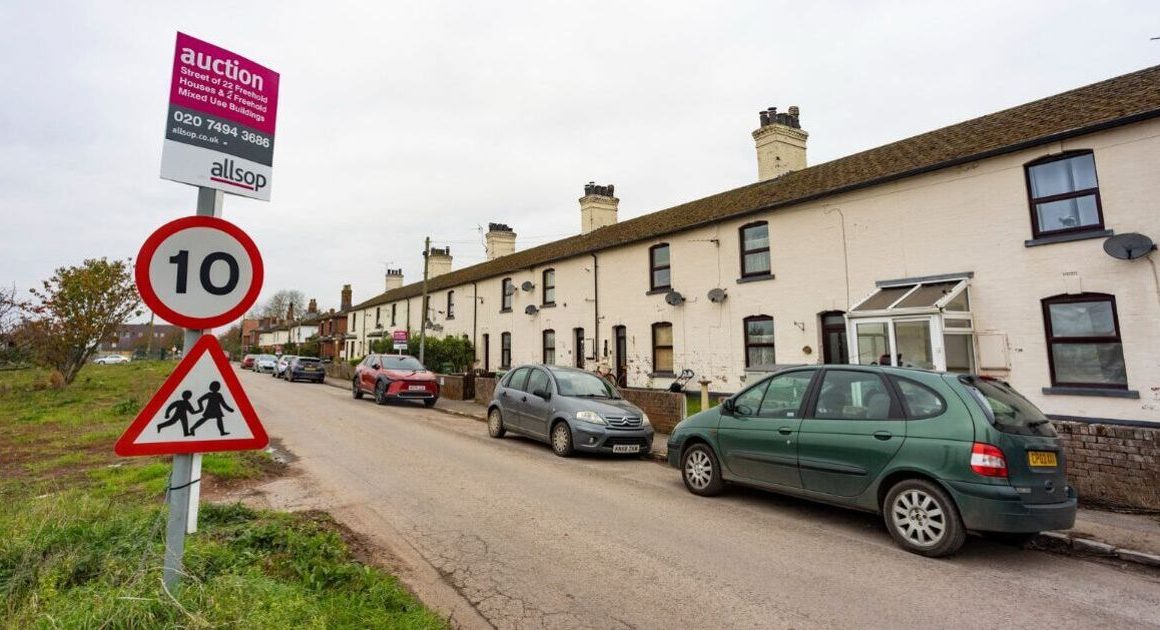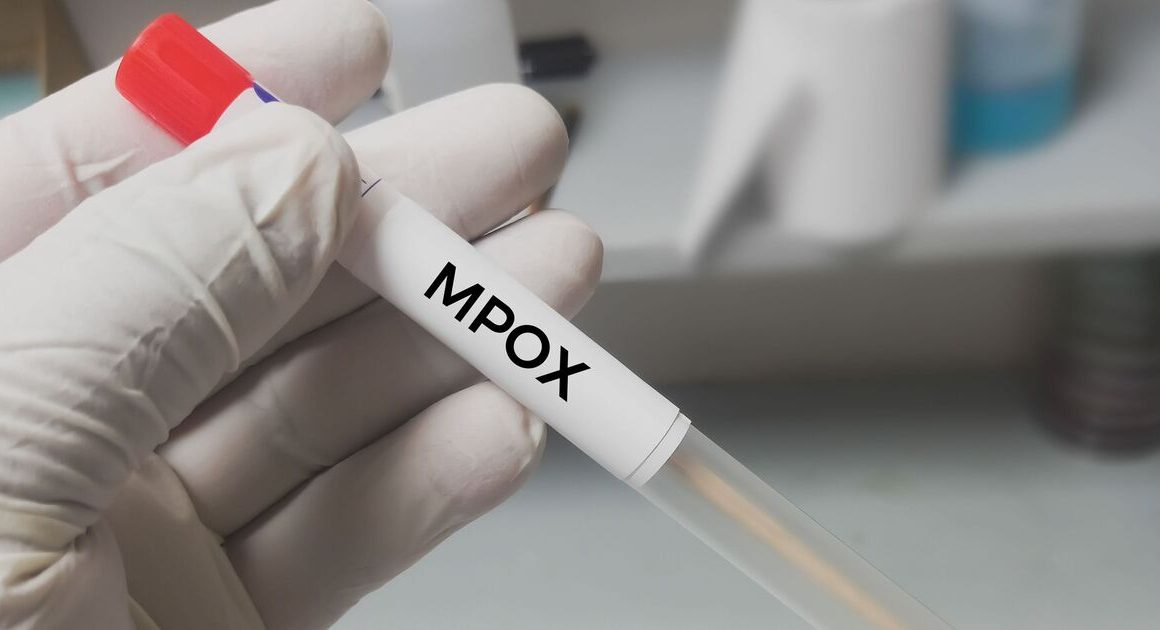After declaring the Monkeypox (Mpox) virus a “global health emergency” last week, the World Health Organisation (WHO) has issued an urgent appeal to drug manufacturers to increase their production of vaccines and other treatments for the painful and sometimes lethal disease. The plea comes as the disease spreads to three continents.
Charity Doctors Without Borders has joined calls for pharmaceutical giants to increase production, while also urging them to lower the prices of their Mpox medicines. Epidemiologists are advising this with the hopes that they can break the chains of transmission in countries of concern.
Currently, the Mpox outbreak is centred in the Democratic Republic of Congo, but the contagious disease has caused alarm in recent months by spreading to nearby African countries. This includes Kenya, Rwanda, Burundi, and Uganda, but it has begun to spread internationally.
Mpox cases have been detected in countries as far from the outbreak as Argentina and Sweden, both of which were joined this week by Thailand, which has detected an infection in a European traveller who had arrived from Africa. The 66-year-old tourist was infected with the more contagious and lethal variant of the disease, named Clade 1b.
There have been around 50 suspected cases of Mpox in the UK since the current outbreak began, with health experts urging the public to call their GP if they suspect they might have been infected. According to the UK Health Security Agency (UKHSA), in 2023 and 2024 there were 269 cases of Mpox in England.
The DRC has seen at least 450 fatalities as a result of the current Mpox outbreak, which can trigger a painful rash, lesions, and flu-like symptoms in those infected. The new Clade 1b variant, which emerged in the Congo, has caused concern among scientists for its ability to spread further and kill faster.
The head of the Doctors Without Borders epidemic response team has pleaded for wealthier nations to urgently offload their reserves of Mpox vaccine in light of the disease’s continued spread. With cases continuing to increase, health expert Cristina Jauset argued that “the sooner they arrive, the sooner the chain of transmission is broken and the sooner more infections and more deaths are prevented.”
She said: “There should be no hoarding of vaccines among high income countries and that they should be distributed so that they can be donated to African countries that need them and do not have the production capacity.”
Despite the urgency of the global health emergency, the charity said that no Mpox vaccines had arrived in the DRC for a month. The Congo has faced decades of violent turmoil, with different factions controlling different swathes of its territory, making major public health responses difficult, but the charity says they have a “work plan” ready for when any vaccine doses arrive.
It is estimated that health professionals would need around 10 million Mpox vaccines to beat the virus on the African continent. Three million of these alone would be needed to break the chains of transmission in the DRC, prompting public health bodies to call on drug companies to up production and drop their prices.
However, the WHO has noted caution after declaring the health emergency. As the disease is spread from skin-to-skin contact, they do not currently believe that it could become a global pandemic like Covid-19, and there are a series of vaccines and treatments already available for the condition.











